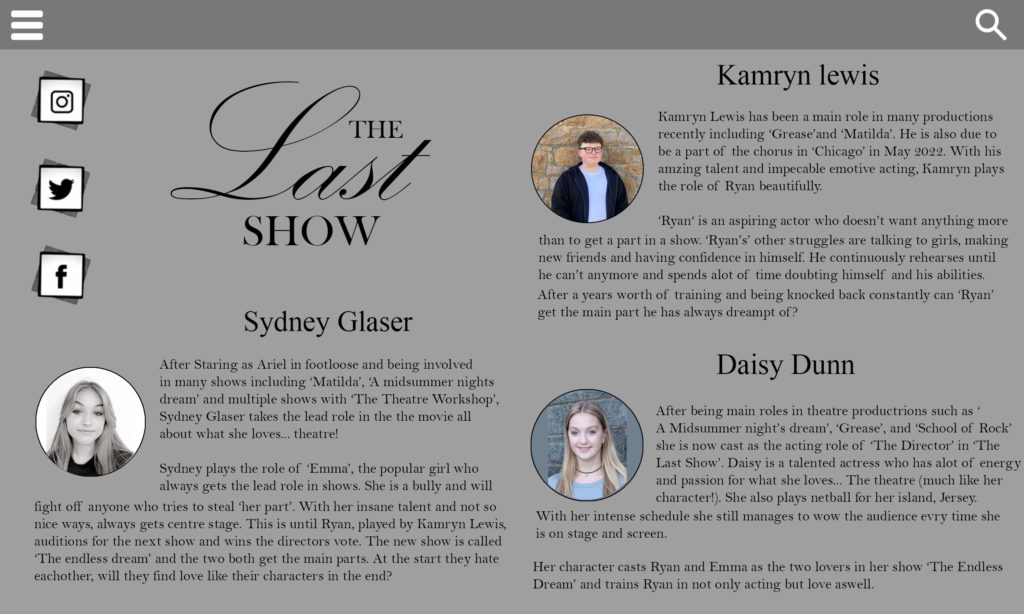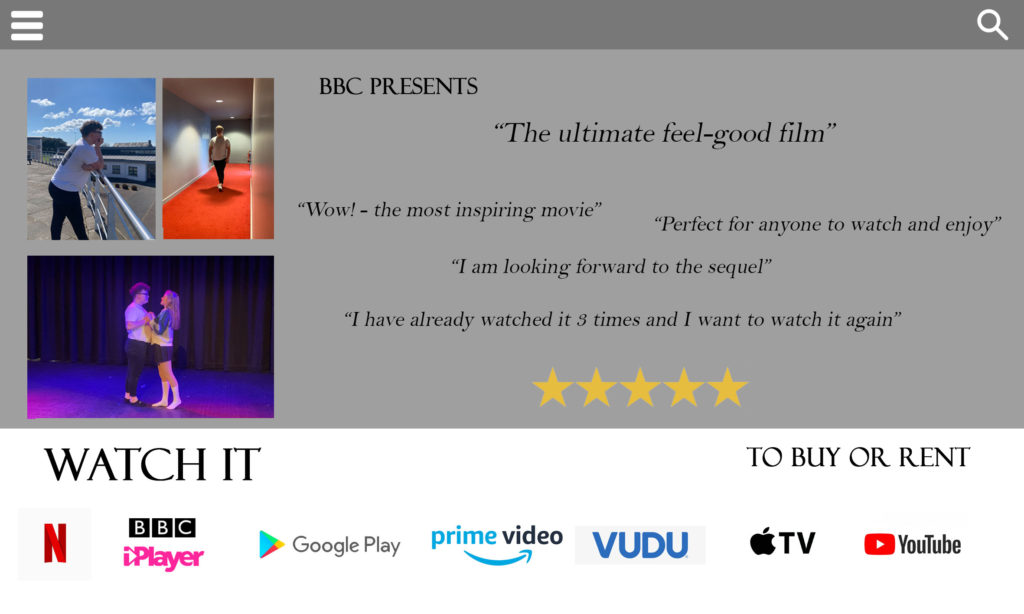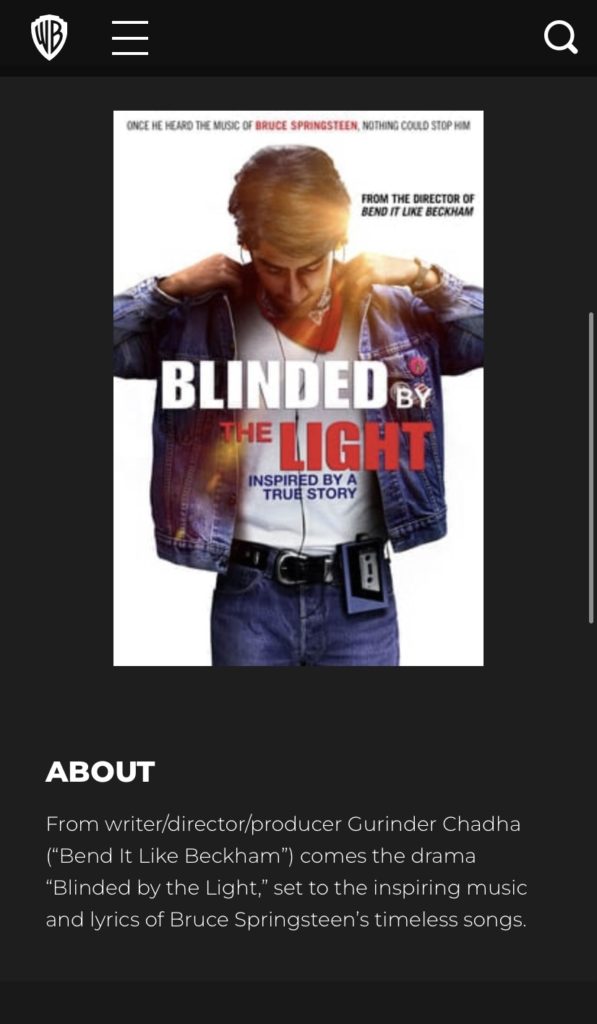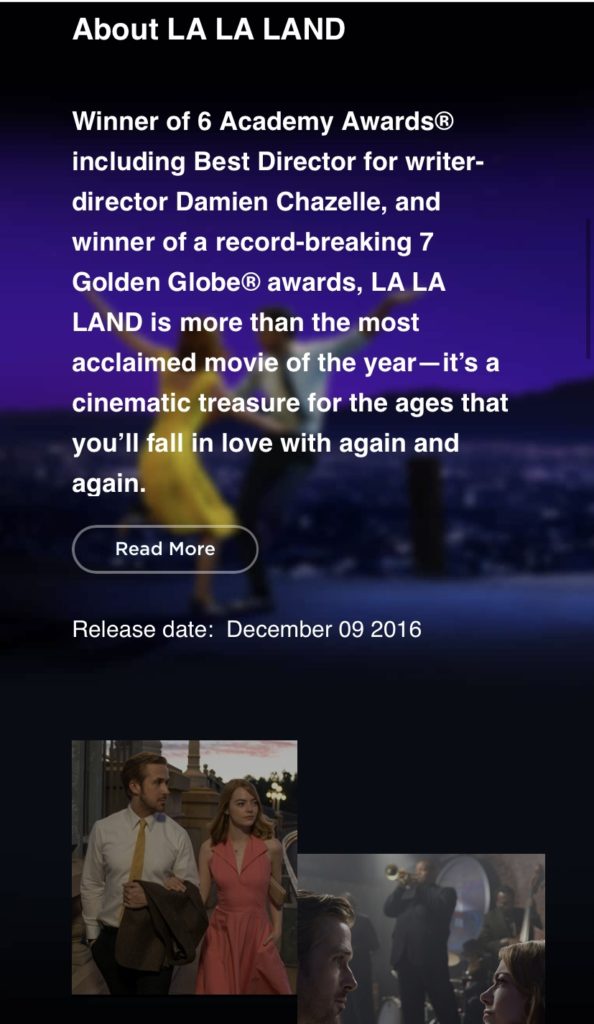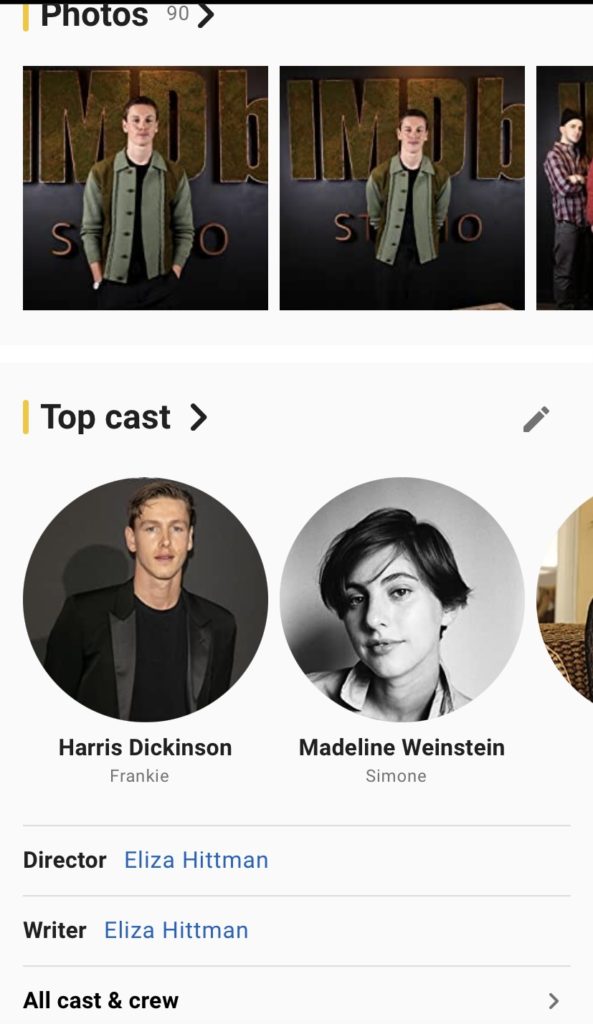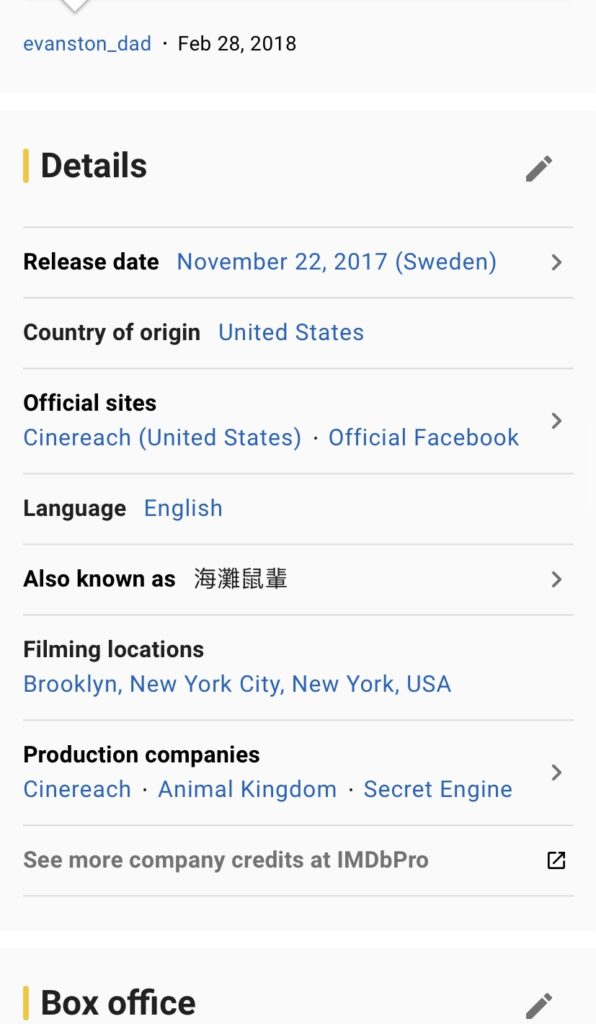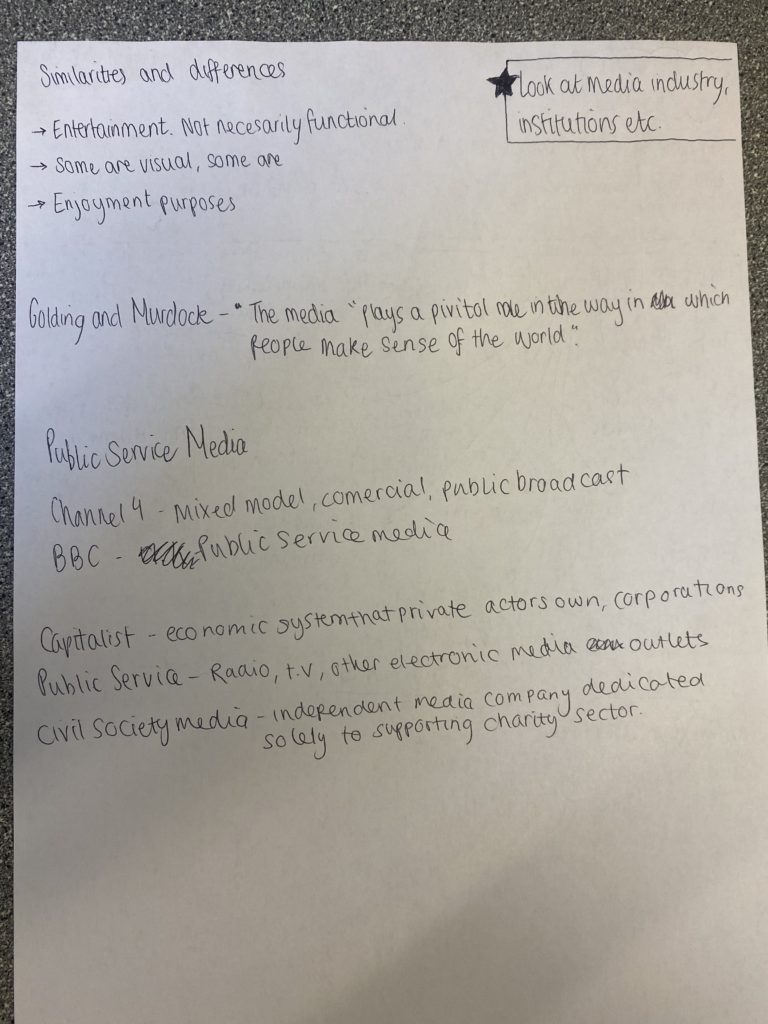For my statement of intent I will produce the front cover and a double page spread of a newspaper called ‘Jersey Local News’. My main story will be about a famous, Jersey born actor who is Living Large’ in New York. I will make two of my flyers about a party he is throwing and I will make one about the movie that will be coming out with him staring.
My newspaper will focus on soft news concerning popular culture in Jersey regarding a Jersey born celebrity returning. My article gives a libertarian view of the media, linking to Habermas theory of the public sphere and free liberal press as people have the option to debate and speak freely about the topic and the event being necessary, as does the writer.
This piece of work will link to representation as I will explore the different ways celebrities are represented through the media. David Gauntlet said that “the media does not create identities but reflects them instead” meaning that the targeted person in the situation creates their own identity however it exaggerates points. This is evident in my piece of work in the sense that my main story addresses a celebrity and his façade that he embodies He has a flash lifestyle and continues to portray that within his performance and general life.
My style model focuses on The Daily Mail newspaper in the sense that my double page spread will include the icon of pictures of the celebrity. The dominant signifier of the celebrity in action on the front page is also taken from The Daily Mail. My double page spread style model includes smaller icons on the right hand side of the page containing small headings saying where the photos were taken.
My design for both newspaper products will be completed on Adobe InDesign and my campaigns on Adobe photoshop. One flyer will be about the celebrity’s new movie coming out called The place of darkness’ another will be an advertisement of his party and the final one will advertising that there are tickets available to win.





